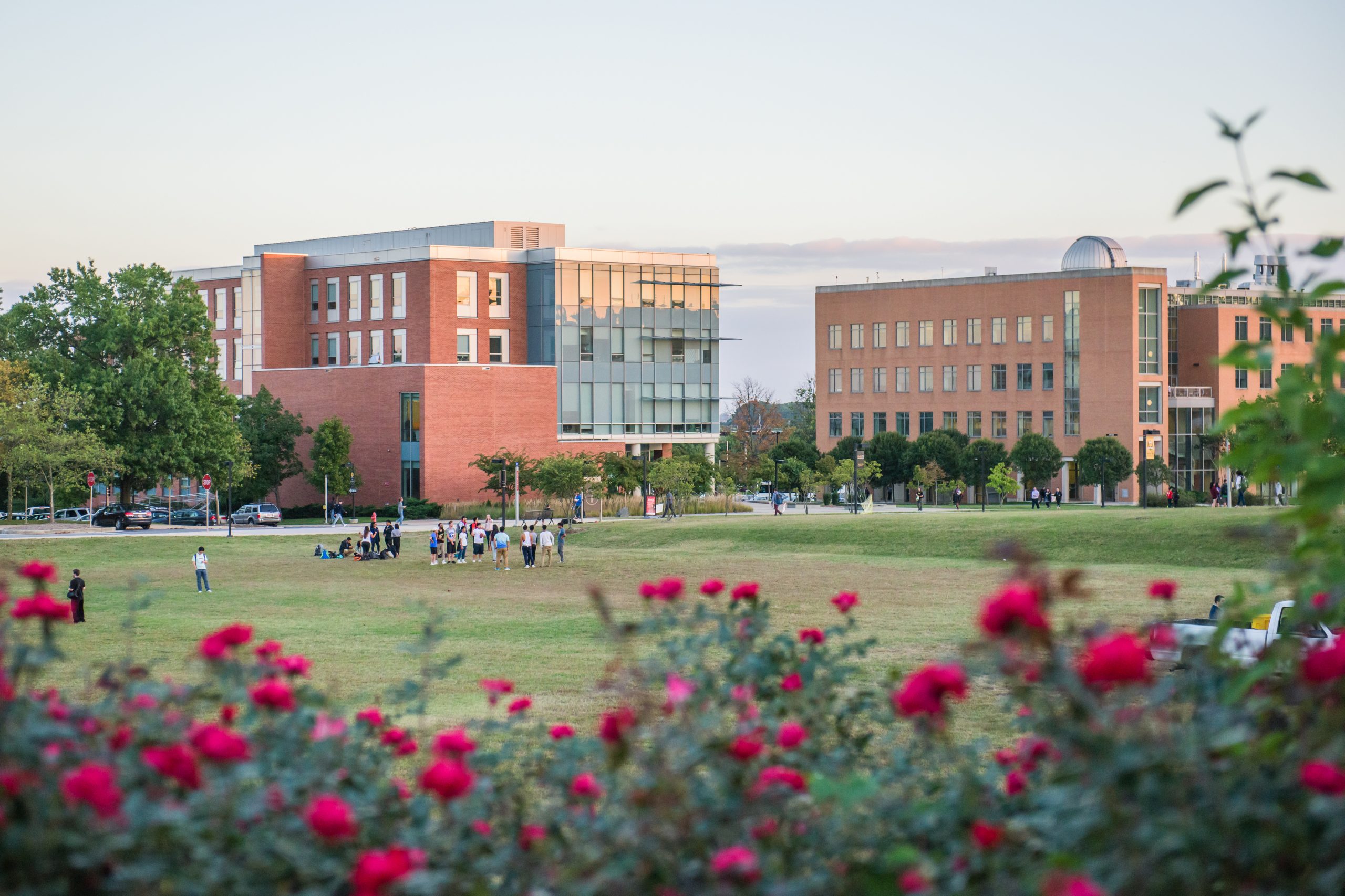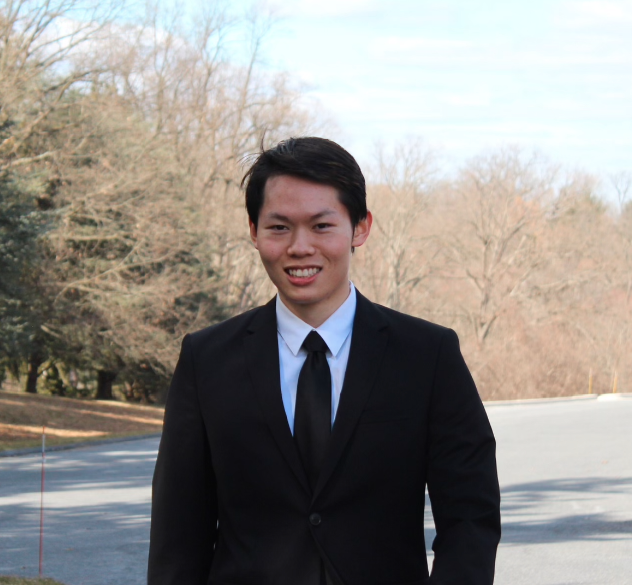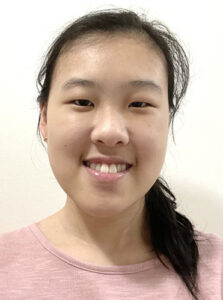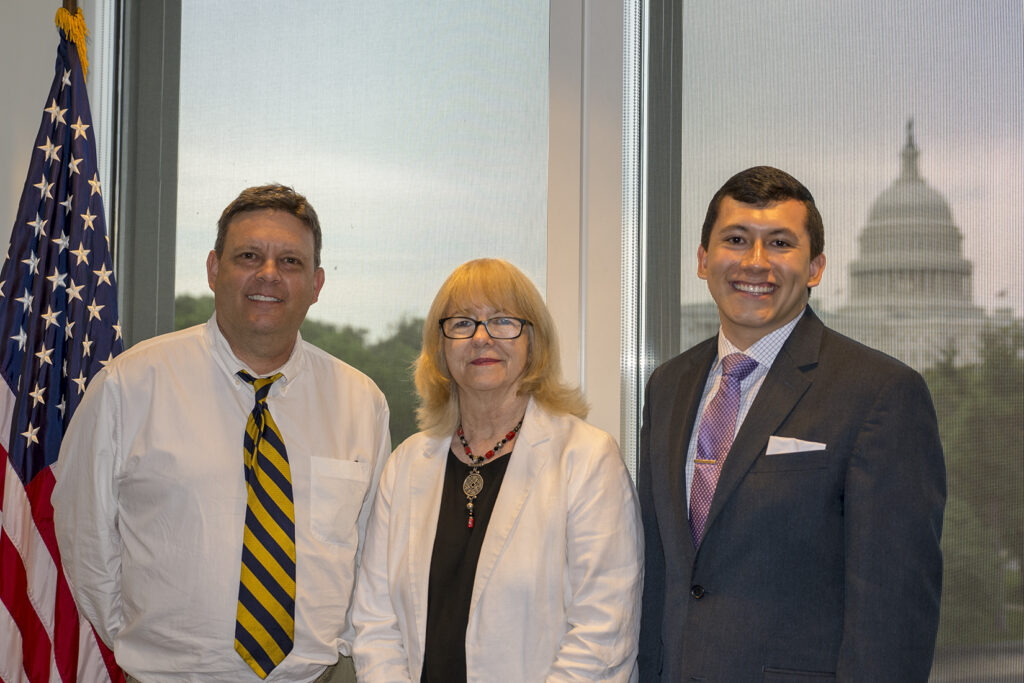UMBC’s Heather Quach ‘23, financial economics, and Victor Li ‘23, financial economics and computer science, have won the 2021 iOme (I Owe Me) Challenge, a national competition that invites students’ ideas for solving financial and retirement challenges.
Their winning essay is titled “Improving Retirement: The Role of Education and Innovation.” It focuses on the three “pillars of retirement”—Social Security, employer-sponsored retirement plans, and individual savings plans—and introduces the fourth pillar of health as heavily influencing retirement options.
Li and Quach found that awareness and access to the four pillars are greater with higher levels of education. Their research proposes innovative financial education solutions designed to shift retirement savings behavior to help people of all ages prepare for retirement.
“The process was rigorous, with reading dozens of journal articles and compressing all the knowledge into 5,000 words,” explains Li. “I could not believe it after Heather called to inform me that we had won.”
This national competition raises awareness among college students about the impact of retirement security on society’s social and economic well-being. Quach and Li both have a longstanding interest in these areas. Quach serves in UMBC’s Volunteer Income Tax Assistance (VITA) program and Li is a member of UMBC’s Investment Club.
Their proposals “lay out a commonsense plan to improve financial education and promote greater personal savings,” shares Cindy Hounsell, president of the Women’s Institute for a Secure Retirement (WISER), the competition sponsor.
Innovative mentoring
Li and Quach, from Rockville and Glen Burnie, Maryland, respectively, are UMBC’s second iOme Challenge winners. Evan Avila ‘20, economics and political science, was the 2018 iOme winner for his paper, “Rethinking Millennial Retirement: Policy Recommendations for a Gig Economy.”
Avila went on to receive the distinguished 2019 Harry S. Truman Scholarship. He is currently working for the IRS in the Statistics of Income Division. There he researches topics that rely on income tax data, such as retirement trends, wealth inequality, and interstate migration.
Douglas Lamdin, professor of economics, mentored Li and Quach, as well as Avila. “I’m thankful for Professor Lamdin’s assistance through the process,” Li shares. “I’m certain that his research and field experience, along with guiding students in the previous years, were crucial to our success.”
The team split a $5,000 prize and presented their paper virtually at this summer’s WISER 2021 iOme Challenge forum, New Perspectives: An Intergenerational Discussion on Retirement Solutions. Lamdin received a $1,000 honorarium from WISER as the mentor of the winning team. With his support, UMBC has become one of just three universities to win the iOme Challenge twice.
Beyond the classroom
Lamdin notes that Li and Quach’s essays stood out in part for their discussion of health as an important component of a rewarding and financially comfortable retirement. He suggests that exploring the role of health in retirement through this research project extended their learning in valuable ways.

“The iOME Challenge is an opportunity for UMBC students to further develop their research, writing, and presentation skills in the context of an important real-world topic,” says Lamdin. “It’s something that can only happen when you go beyond the classroom.”
Banner image: Public Policy building (left) and Physics building (right) at UMBC. Photo by Marlayna Demond ’11.
Tags: CAHSS, cahssresearch, CSEE, Economics




